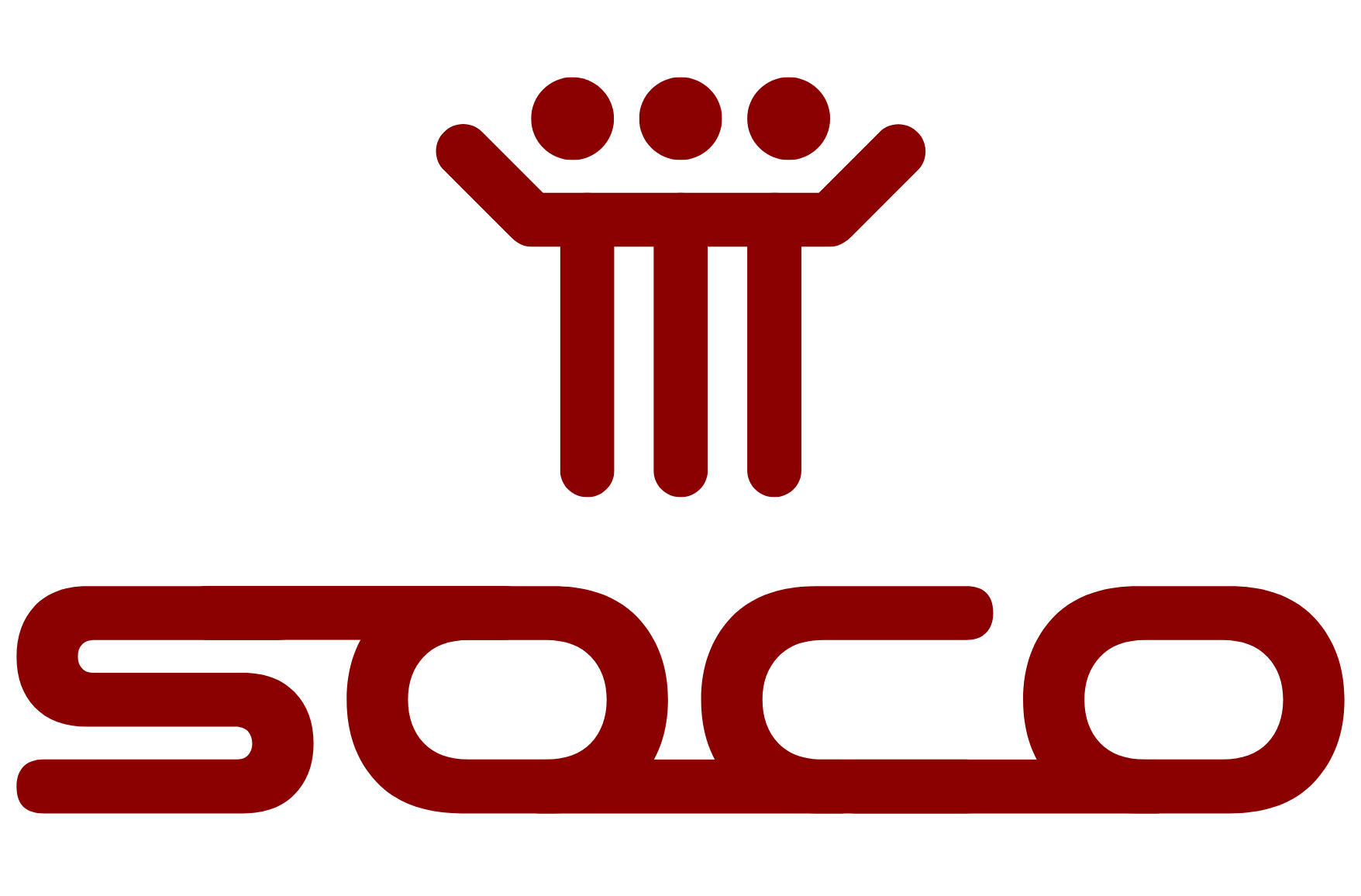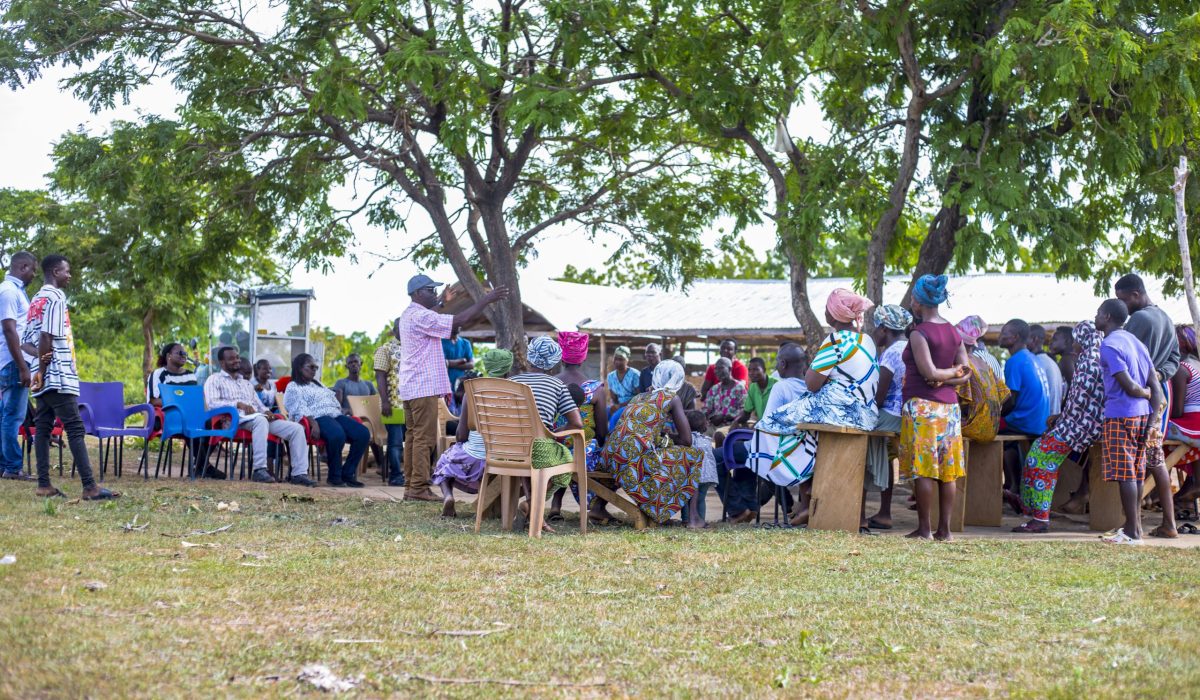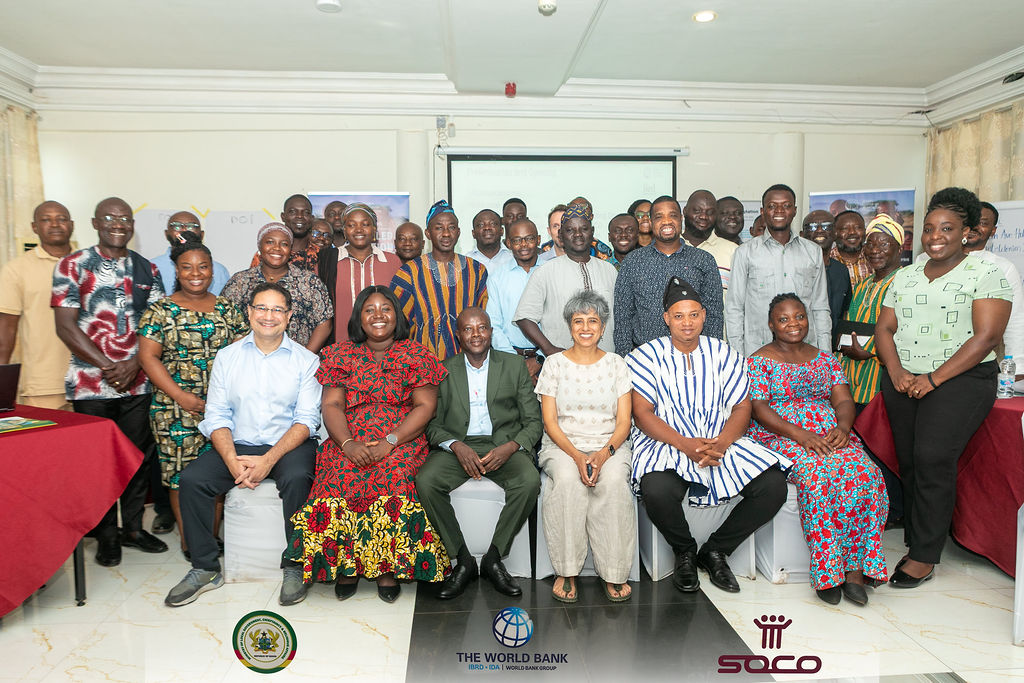Over the years, there have been several development programmes and projects in the north of Ghana, all seeking to contribute towards sustainable poverty reduction, economic growth, and development. These programmes and projects were geared towards bridging the ever-widening north-south gap to promote socio-economic development in northern Ghana.
Notwithstanding the interventions and efforts by successive governments and other stakeholders, the northern part of Ghana are still lagging, with the persistent challenges of inadequate job and economic opportunities, poor access to infrastructure, high vulnerability to climate change, and high poverty rate which increases perceptions of marginalization and inequality. This situation poses a security threat as it creates an environment for the spill over of the rapidly escalating Sahel conflict.
Given the level of investment and interventions, impact made over the years, is negligible. According to the Ghana Poverty and Inequality Report (2016), the Northern, Upper East, and Upper West regions of Ghana continue to witness the highest poverty rates. The Northern region for example saw its high level of poverty fall only marginally from 55.7% in 2006 to 50.4% in 2013.
It has therefore become imperative for a coordinated approach that leverages on the resources, knowledge, experiences and learnings of all partners and stakeholders to maximize the impact and promote a transformative change at scale.
During a recent webinar organized by the Gulf of Guinea Northern Regions Social Cohesion (SOCO) Project with other partners to discuss a coordinated and integrated approach in Northern Ghana, some experts weighed in on the topic and made suggestions on the way forward.
According to Peter Aidoo, Development Coordination Officer at the United Nations (UN), a coordinated approach requires a comprehensive mapping of all stakeholders followed subsequently by strategic engagements. Although some development partners and other institutions have attempted identifying actors and projects that exist in the development landscape in the northern part of Ghana, this has been done in silos and needs to be harmonized. Angeline Nguedjeu, Peace, and Development Advisor of the UN suggests that a comprehensive document that is easily accessible by all stakeholders, be developed as an output of the extensive stakeholder mapping being carried out.
This gives us an opportunity, given the importance of data in monitoring progress, there is the need to streamline and harmonize existing data and to work closely with national data infrastructure where data collection is required.
The Chief Director, Local Governance and Decentralisation at the Ministry of Local Government, Decentralisation and Rural Development (MLGDRD), opined that beyond this, there should be an impact assessment of interventions to complement monitoring efforts; Identifying impact made and collecting evidence and data to assist in making informed decisions with regards to strategies that are likely to work or otherwise.
According to Hippolyte Pul, Board Member of the Northern Development Authority, there’s a need to establish a common platform that serves as a one-stop shop for everything related to development in the northern regions of Ghana. He also suggests the creation of a long-term vision that is inclusive to guide the activities of stakeholders. Jason Smith, Director of the USAID’s Democracy, Rights and Governance Office, adds that this long-term vision should be clear and well understood by all partners to inform each partners’ specific roles.
A coordinated approach therefore requires that:
- A platform is created to bring together all stakeholders for continuous dialogue, collaboration and knowledge sharing.
- All stakeholders jointly work towards a common vision that is inclusive.
- An assessment of impact made, beyond data collection and monitoring.
- Information/ data should be harmonized, streamlined and properly documented.
- A repository of all information on the north of Ghana be created for effective knowledge management.
- Interventions and development should be people led or community driven.
The Ghana SOCO Project – a catalyst for a Coordinated Development Approach and Integrated Development in Northern Ghana
The five-year Ghana SOCO project – financed by the World Bank – was launched in November 2022 to contribute to the prevention of the spread of conflict from the Sahel region, improve access to critical infrastructure and basic services, reduce vulnerability to climate change, strengthen local institutions, improve local economic opportunities, build public trust and strengthen regional dialogue across the Gulf of Guinea countries (Benin, Ivory Coast, Ghana, and Togo).
The SOCO project will among other things seek to foster a comprehensive multi-sectoral and multi-partner response and monitoring. This will be done by:





